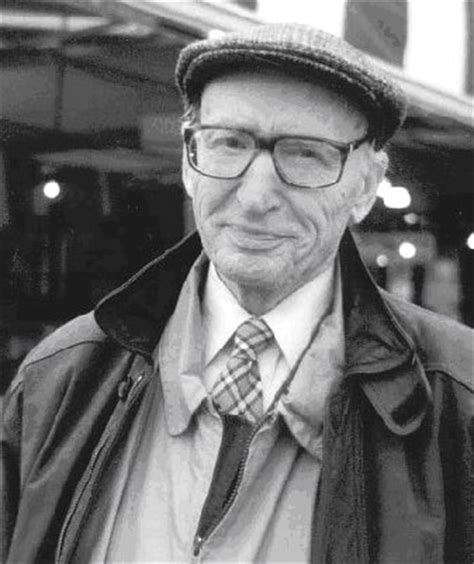A Quote by Swami Vivekananda
Two attempts have been made in the world to found social life: the one was upon religion, and the other was upon social necessity. The one was founded upon spirituality, the other upon materialism; the one upon transcendentalism, the other upon realism.
Related Quotes
When man faces man the one attempts to put the other to sleep and the other continuously wants to maintain his uprightness. But this is, to speak in the Goethean sense, the archetypal phenomenon of social science. This sleeping-into we may call the social principle, the social impulse of the new era: we have to live over into the other; we have to dissolve with our soul into the other.
On the one hand, we have the mass; on the other, its historic goal, located outside of existing society. On one hand, we have the day-to-day struggle; on the other, the social revolution. It follows that this movement can best advance by tacking betwixt and between the two dangers by which it is constantly being threatened. One is the loss of its mass character; the other, the abandonment of its goal. One is the danger of sinking back to the condition of a sect; the other, the danger of becoming a movement of bourgeois social reform.
To the other nations of the world, religion is one among the many occupations of life. There is politics, there are the enjoyments of social life, there is all that wealth can buy or power can bring, there is all that the senses can enjoy; and among all these various occupations of life and all this searching after something which can give yet a little more whetting to the cloyed senses - among all these, there is perhaps a little bit of religion. But here, in India, religion is the one and the only occupation of life.
At the heart of my politics has always been the value of community, the belief that we are not merely individuals struggling in isolation from each other, but members of a community who depend on each other, who benefit from each other's help, who owe obligations to each other. From that everything stems: solidarity, social justice, equality, freedom.
I like playing the social convention. If you're in a period drama, there's always something dancing underneath the surface as a human - but then you always have to conform to the social conventions around you, and those two things get to be juxtaposed against each other. You're being human, but you're trapped within the social convention of the time.
In New York, there's so much stuff going on all the time, and when I first moved here my productivity went down. I felt like I had certain social obligations. I found the more that I was like, "Don't listen to other music," or "Don't watch other things," and, "Don't go to other shows," for a specific time period, if I really need to complete something, that is the most helpful tool for me.
Others who openly discuss matters of spirituality often ignore the warning signs. They are so in love with each other, enjoy being with each other, and can see themselves making each other happy for the rest of their lives, and they close their eyes to huge differences in their views of spirituality.
Some people automatically associate morality and altruism with a religious vision of the world. But I believe it is a mistake to think that morality is an attribute only of religion. We can imagine two types of spirituality: one tied to religion, while the other arises spontaneously in the human heart as an expression of love for our neighbors and a desire to do them good.
The intellectual part of religion is a private affair between every man and his Maker, and in which no third party has any right to interfere. The practical part consists in our doing good to each other. But since religion has been made into a trade, the practical part has been made to consist of ceremonies performed by men called priests ... By devices of this kind true religion has been banished, and such means have been found out to extract money, even from the pockets of the poor, instead of contributing to their relief.
There are many people who know nothing of a world in which we take the reality of the 'other' seriously. I'm running on that platform: other people in other countries are really, really real, and there has to be a way of presenting their reality that is not condescending to them or about our psycho-social needs.





































